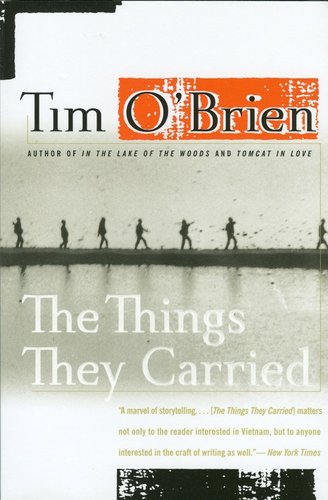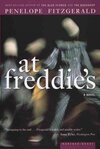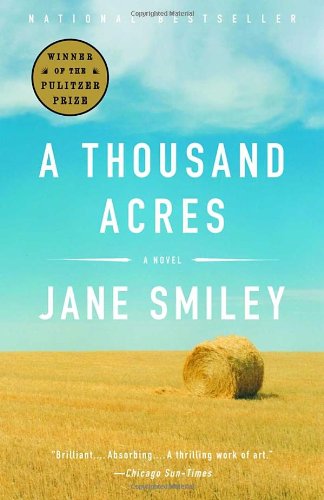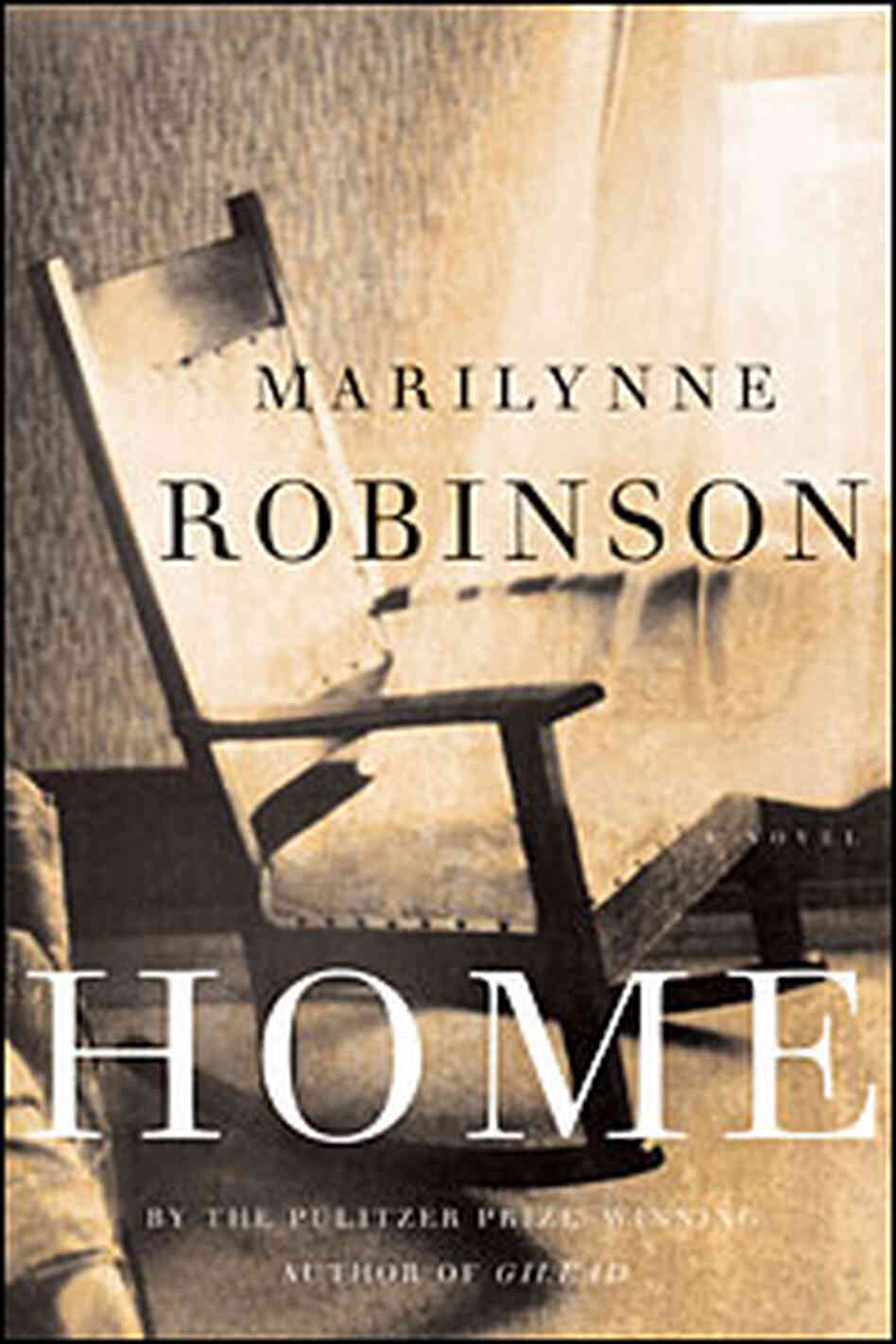 "I keep thinking about this river somewhere, with the water moving really fast. And these two people in the water, trying to hold onto each other, holding on as hard as they can, but in the end it's too much. The current's too strong. They've got to let go, drift apart. That's how I think it is with us. It's a shame, Kath, because we've loved each other all our lives. But in the end, we can't stay together forever."
"I keep thinking about this river somewhere, with the water moving really fast. And these two people in the water, trying to hold onto each other, holding on as hard as they can, but in the end it's too much. The current's too strong. They've got to let go, drift apart. That's how I think it is with us. It's a shame, Kath, because we've loved each other all our lives. But in the end, we can't stay together forever."Ishiguro has a talent for writing self-denial. The narrator, Kathy, in this book, as with Remains of the Day (which I loved), is in complete denial about what is going on around her and her friends, Ruth and Tommy. This happens in layers: she is in denial about the cruelty of the organ-donor farm in which she is being raised, she is in denial about how genuine her friend Ruth is, she is in denial about her feelings for Tommy.
Time and time again, the reader is presented with Ruth's cruelty. Nonetheless, Kathy seems unaware or, when she is aware, seems unwilling to confront Ruth. Never does Kathy do what the reader wants--breaking free from Ruth.
Instead, Kathy holds on to her time at the school where she, Ruth, and Tommy grew up. Kathy idealizes her time at Hailsham, remembering it as this peak of her life. This is not unusual for many people who remember fondly their high school or college years. I myself tend to do this with law school. As time passes, Kathy becomes increasingly concerned about how everyone from Hailsham is going their separate ways:
I thought about Hailsham closing and how it was like someone coming along with a pair of shears and snipping the balloon strings just where they entwined above the man's fist. Once that happened, there'd be no real sense in which those balloons belonged with each other any more.As time has passed since law school, I wonder if this kind of inevitable parting and separation is inherent to life. Kathy sees it and is bothered by it throughout the novel. Earlier, she describes her feelings after having a kind of fight with Ruth and Tommy:
But the fact was, I suppose, there were powerful tides tugging us apart by then, and it only needed something like that to finish the task If we'd understood that back then--who knows?--maybe we'd have kept a tighter hold of one another.Perhaps unsurprisingly, the idea of holding on is a consistent theme throughout the novel. If someone told me there was a book entitled Never Let Me Go and "holding" was a prominent theme, I would probably think it was a tacky novel undeserving of any serious consideration. However, Ishiguro weaves the theme in and out seamlessly. The reader is left with a powerful emotional tug as Kathy bemoans the impossibility of holding on. Tellingly, though, it's not Kathy who acknowledges this impossibility; another character has to point it out for her:
"That's most interesting. But I was no more a mind-reader then than today. I was weeping for an altogether different reason. When I watched you dancing that day, I saw something else. I saw a new world coming rapidly. More scientific, efficient, yes. More cures for old sicknesses. Very good. But a harsh, cruel world. And I saw a little girl, her eyes tightly closed, holding to her breast the old kind world, one that she knew in her heart could not remain, and she was holding it and pleading, never let her go. That is what I saw. It wasn't really you, what you were doing, I know that. But I saw you and it broke my heart. And I've never forgotten."The "Reception" section of the wikipedia article on this novel describes critics who read this book as horror or science-fiction. I think both labels are inappropriate: this is a novel about a group of friends who, once close, get separated as time passes. The science-fiction elements of the book are, more than anything else, an excuse to explore these characters' relationships. For that reason, the book worked well for me and I was moved by it.

























